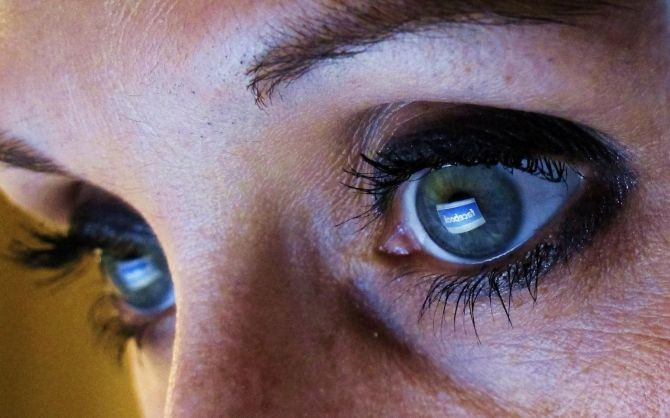Facebook, Twitter Are Harder to Resist Than Cigarettes, Alcohol

Checking a Twitter, Facebook or email account for updates may be more tempting than alcohol and cigarettes, according to researchers who tried to measure how well people regulate their daily desires.
Researchers also found that while sleep and sex may be stronger urges than certain drug addictions, people are more likely to give in to their addiction to use social or other types of media.
More than 200 participants ages 18 to 85 were given used Blackberry phones to gauge their willpower "in the wild" outside a laboratory in the study led by Asst. Prof. Wilhelm Hofmann of the University of the Chicago Booth School of Business.
Researchers messaged participants seven times a day over 14 hours for a week to ask participants if they were experiencing a desire at the moment or had experienced an urge within the last 30 minutes. Researchers also asked participants the type of desires they felt, the strength, whether it conflicted with other desires and if they resisted or submitted to their urge.
Researchers said that there were 10,558 responses and 7,827 “desire episodes” reported.
"Modern life is a welter of assorted desires marked by frequent conflict and resistance, the latter with uneven success," said Hofmann at the annual meeting of the Society for Personality and Social Psychology on Jan. 27, by Medical Daily previously reported.
Sleep and leisure were the most difficult desires to resist, suggesting "pervasive tension between natural inclinations to rest and relax and the multitude of work and other obligations," according to study researchers.
The study found that that as the day wore on, willpower became lower. Their paper says highest "self-control failure rates" were recorded with media. "Resisting the desire to work was likewise prone to fail. In contrast, people were relatively successful at resisting sports inclinations, sexual urges, and spending impulses, which seems surprising given the salience in modern culture of disastrous failures to control sexual impulses and urges to spend money."
It is especially hard for people to resist the desire to work even when it conflict with other goals such as socializing or leisure activities because “work can define people's identities, dictate many aspects of daily life, and invoke penalties if important duties are shirked.”
Hofmann suggested that the desires for media may be harder to resist because of its high availability and also because it “feels like it does not 'cost much' to engage in these activities, even though one wants to resist,” according to the Guardian.
"With cigarettes and alcohol there are more costs – long-term as well as monetary – and the opportunity may not always be the right one. So, even though giving in to media desires is certainly less consequential, the frequent use may still 'steal' a lot of people's time,” he said to the publication.
Hofmann said that he and his team of researchers made it very clear to participants that answering the BlackBerry phones did not count as a case of submitting to an urge. He said that participants did not feel a need to use them, and the phones only alerted them once in a while and “if anything was more annoying than pleasing” he believed. He added that there was nothing else the Blackberrys could have been used for besides answering back to researchers.
The study results are expected to be published in the journal Psychological Science.



























